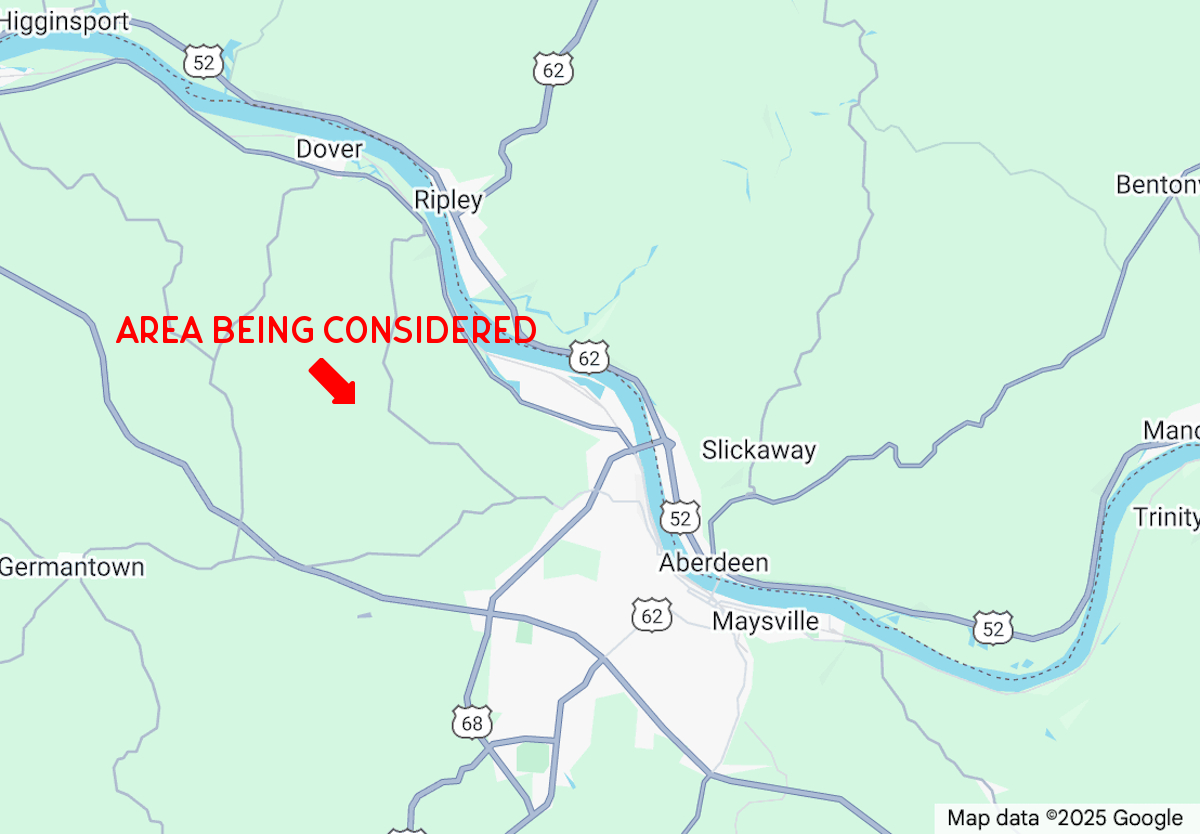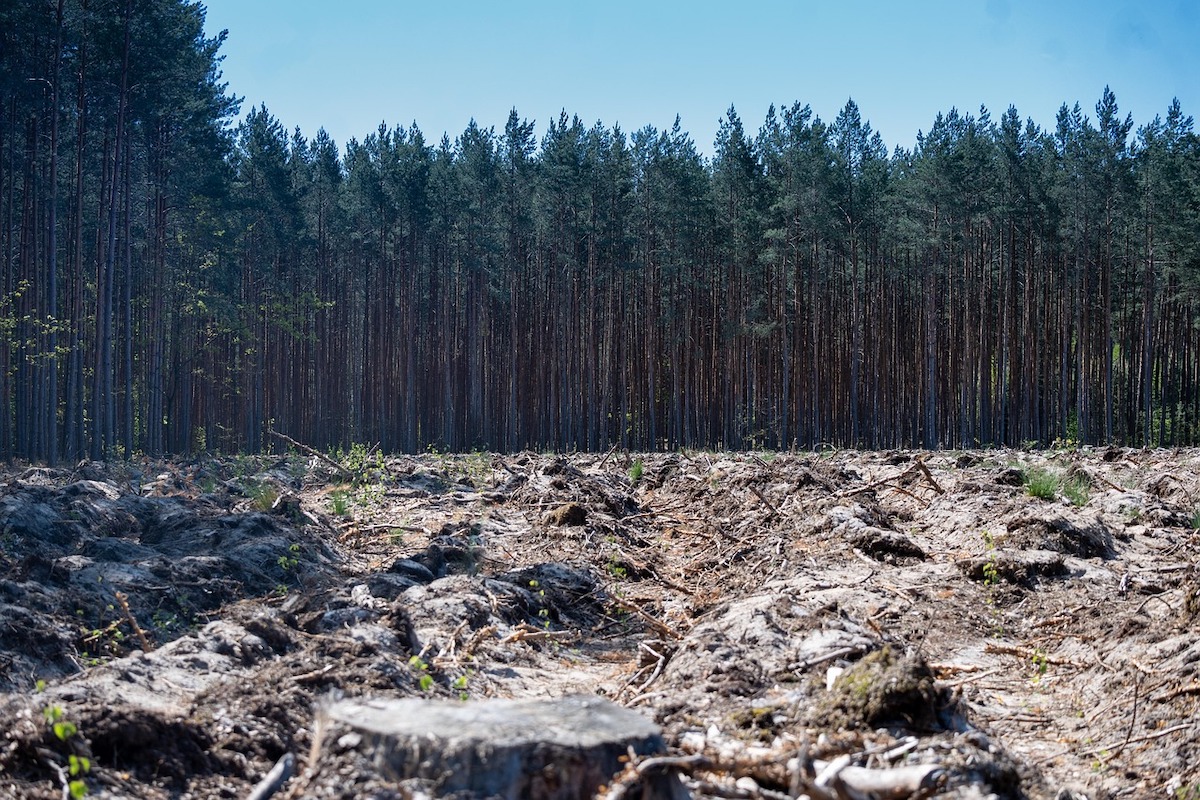
A secretive $1 billion data center project has sparked division in Mason County, Kentucky, where residents are frustrated by officials’ refusal to reveal details about the Fortune 100 company seeking to transform 5,000 acres of farmland into a massive technology campus.
Since fall, at least seven landowners have been approached by county officials encouraging them to sell their property for an unspecified industrial development. However, those same officials couldn’t answer basic questions about the project because they signed non-disclosure agreements with the unnamed company, fueling speculation about whether it might be a solar farm, penitentiary, or landfill.
The mystery deepened when residents discovered through public records that a new customer was requesting 2.2 gigawatts of power from East Kentucky Power Cooperative, nearly doubling the utility’s annual generation capacity. After months of investigation, residents finally identified the project as a hyperscale data center.
Tyler McHugh, executive director of Maysville-Mason County Industrial Development Authority, confirmed the project would bring 1,000 construction jobs and 400 permanent positions. The unnamed Fortune 100 company plans to build single-story data center buildings, office space, and support facilities without solar or wind panels.
“The economic development is significant,” said Mason County Judge-Executive Owen McNeill. “The company would become Mason County’s largest property taxpayer, and as its campus grows, it could generate more in tax revenue than many of our largest taxpayers combined.”
However, the secretive approach has created deep community divisions. At a July meeting under a neighbor’s garage, 30 frustrated farmers and landowners shared grievances about the lack of transparency.
“Something this big shouldn’t be kept quiet,” said resident Max Moran.

The Grosser family exemplifies the community split. Timothy Grosser and his son Andy rejected offers up to $35,000 per acre for their 250-acre farm, calling their land “priceless.” They worry about losing their peaceful rural lifestyle and becoming isolated if surrounding properties are developed.
“What concerns me most is, it is going to go through, and we might be an island,” Timothy Grosser said.
In contrast, the Huddleston family reluctantly agreed to sell their generational farmland, weighing economic opportunities against preserving their agricultural heritage.
Data centers nationwide are driving massive energy demands, with usage tripling in the past decade and expected to triple again within three years. The proposed Kentucky facility would require enormous power generation, potentially relying on the nearby H.L. Spurlock coal-fired power plant and new natural gas infrastructure.
Environmental advocates warn about increased fossil fuel dependence and air pollution. Lane Boldman of the Kentucky Conservation Committee noted that despite renewable energy additions, 68% of Kentucky’s power remains coal-based.
“I know everyone’s excited about the AI boom, but there’s a cost to it as well,” Boldman said.
Resident Jennifer Setty-Botkin opposes the development, saying, “We wanted peace and quiet, and this is going to ruin that for us.” Opposition groups have started petitions, created Facebook groups, and hired legal representation.

McNeill acknowledged community concerns but emphasized potential benefits, comparing the opportunity to high-paying manufacturing jobs from the 1930s and 1940s. He envisions creating a pipeline where local students can graduate from what he calls “the best school system in the state” and earn six-figure salaries in their home county.
The project requires approval from the Planning and Zoning Committee and Mason County Fiscal Court. McNeill indicated the company’s identity likely won’t be revealed until near groundbreaking, maintaining the secrecy that has defined this controversial development from the beginning.
Trending Products











